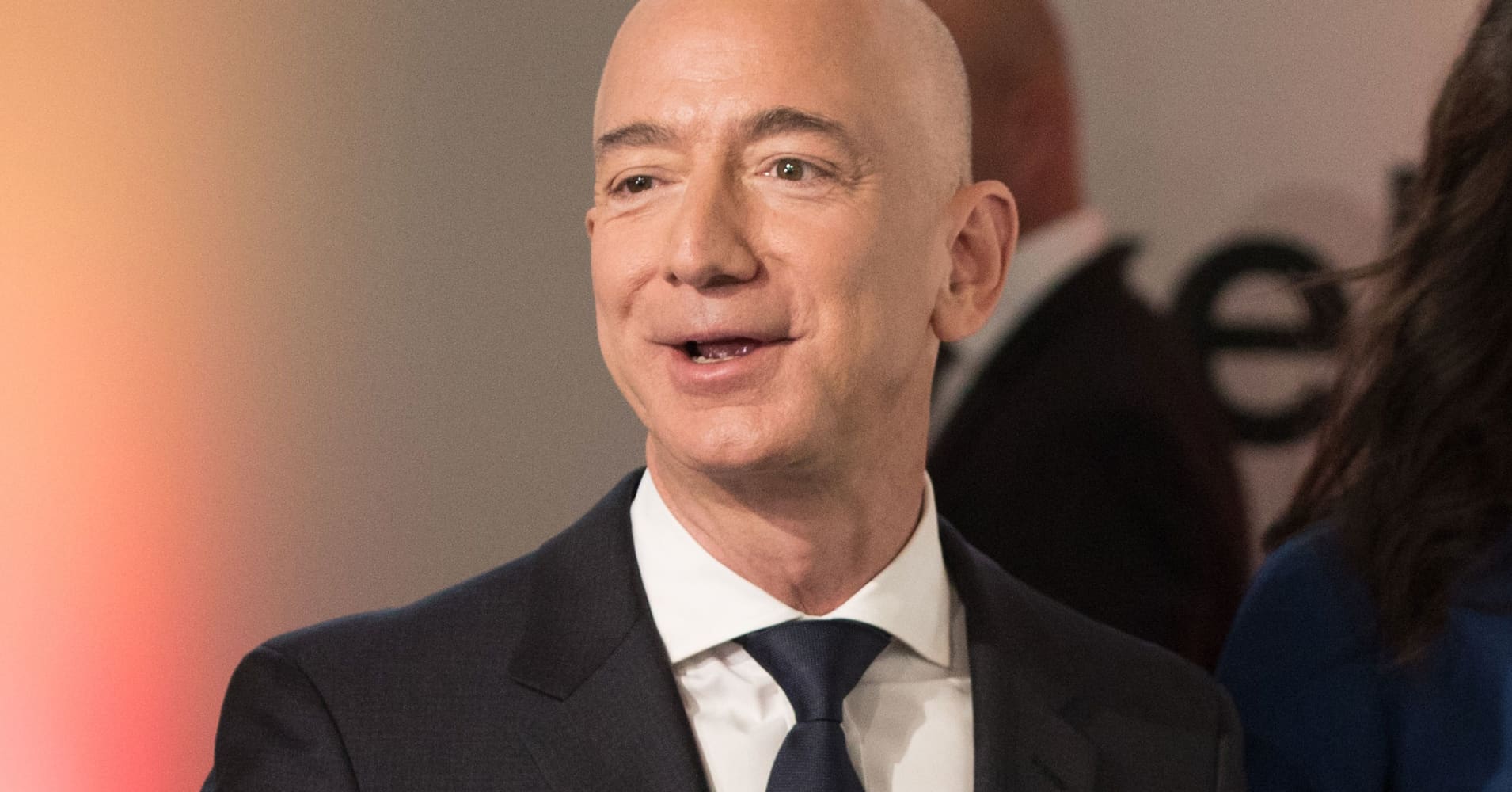
Amazon on Monday said that it has acquired Eero, a start-up that developed home internet routers that can be connected with one another inside homes. Terms of the deal weren’t disclosed.
Google has a competing router product called Google Wifi. Apple discontinued AirPort home routers last year. Netgear stock was down as much as 5 percent after hours following the announcement.
“We are incredibly impressed with the Eero team and how quickly they invented a WiFi solution that makes connected devices just work,” Dave Limp, senior vice president for Amazon devices and services, said in a statement. “We have a shared vision that the smart home experience can get even easier, and we’re committed to continue innovating on behalf of customers.”
While Amazon is focusing its smart home efforts on the Echo, the company is proving willing to acquire where it makes sense. Last March, Amazon acquired Ring for $1 billion, jumping into the market for video doorbells.
San Francisco-based Eero was founded in 2014 by Nick Weaver, Amos Schallich and Nate Hardison with the goal of making WiFi simple to use, easy to install and effective across many rooms in a house. In 2015, Eero sold $2.5 million worth of products in its first two weeks after the company began accepting preorders, CNBC reported earlier.
A single Eero device costs $199 and covers up to 1,500 square feet. Users can add a so-called beacon for another room for an additional $149 or can buy both combined for $299. The company also sells a security service for $99 a year.
“You have to be able to react quickly to customers, and at the same time, you have to think far enough ahead to think about what the hardware needs to do in the future,” said Weaver, a Stanford University graduate who has been fixing home networking systems since he was 10.
More than 150 people are listed as Eero employees on LinkedIn. The start-up has raised at least $90 million in funding. Investors include Index Ventures, Playground Global, Redpoint Ventures and Shasta Ventures. The start-up laid off one-fifth of its employees last year, TechCrunch reported.
Be the first to comment